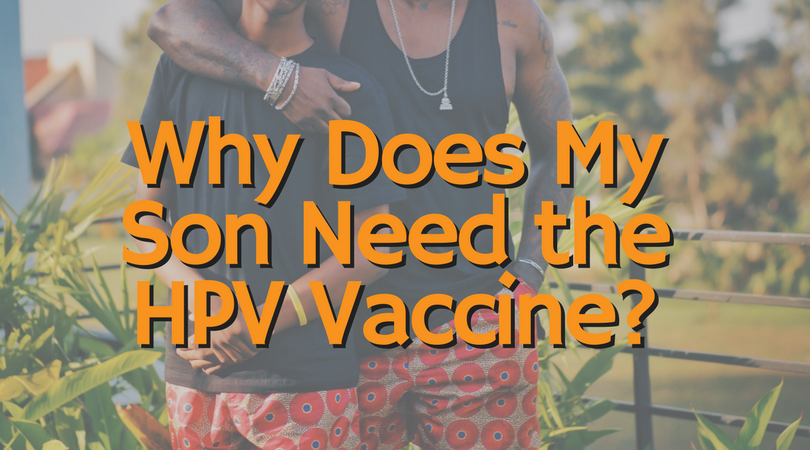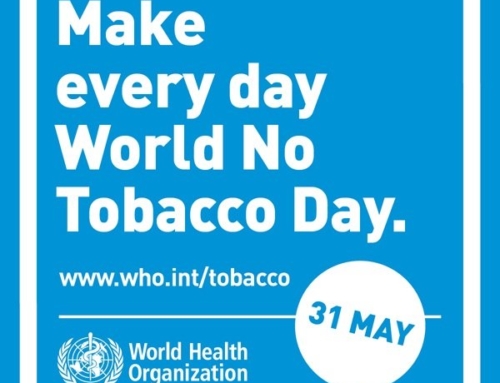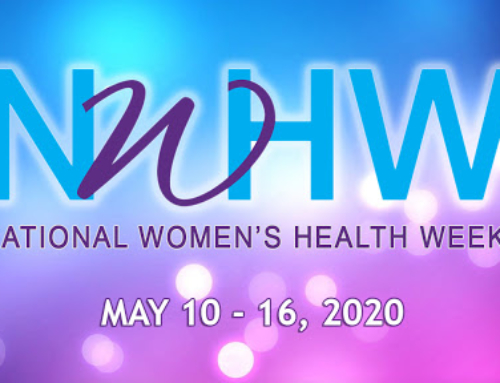I often get the question, “Why does my son need the HPV vaccine? He doesn’t have a cervix.”
I smile and respond, “Well he can spread the virus to his future partner, and he can also get HPV-related anal, penile and throat cancers.”
Many times, this statement opens the parent and/or teen up to hearing more. For many fathers, you must hit them with the facts. So, I clear my throat, smile and start spitting out my HPV facts like I am a Def Jam rapper.
Studies show that 25 percent of men may carry an aggressive strain of the human papillomavirus (HPV), the virus linked to virtually all cases of cervical cancer. A study conducted by researchers at Womack Army Medical Center on men 18-59 years old, also concluded that:
- More than 45 percent of men carry some strain of HPV.
- More than 15 percent of vaccine-eligible men carry at least one aggressive strain of HPV.
- Less than 11 percent of men who are candidates for the HPV vaccine have received it.
So, what does this all mean? HPV appears to be widespread in men between 18 and 60, but the vaccination rate is low.
The human papillomavirus has infected over 75 million people and about 14 million American new cases in men and women every year, with 50% of the new infections in 15 to 24 year olds. That breaks down to around 19,000 teens and young adults per day! Most sexually active men and women will contract one of the more than 150 strains of HPV in their lifetime, many without ever knowing it. A young man could pass on HPV types 16 and 18 to a young woman. These 2 strains cause 70 percent of all cervical cancers. HPV type 16 is also responsible for 95% of anal cancers. HPV types 6, 11, 31, 33, 45, 52 and 58 are linked to cancer and genitals warts. HPV causes about 65% of vaginal cancers, 50% of vulvar cancers, and 35% of penile cancers.
I let them take that boatload of information in and then start in on the oropharyngeal facts.
Oropharyngeal cancer, which develops in the throat, tongue or tonsils is on the rise here in Florida. About 70% of oropharyngeal cancers are caused by HPV. 1 in 9 men are infected with the oral form of HPV. Male HPV-related oropharyngeal cancer is now more prevalent than HPV-related cervical cancer. Researchers say 70 percent of oropharyngeal cancers are caused by HPV, but are stumped to explain:
1) why so many more men than women develop oropharyngeal cancer
2) how oral HPV is transmitted
Some doctors believe that HPV persists longer among men and this might be causing the increase in prevalence. Also, it is possible that, after an initial HPV infection, women might develop a stronger resistance.
When it comes to transmission, experts know that genital HPV is transmitted via sexual contact, but less is known about oral HPV transmission. Some studies suggest that oral HPV may be passed on during oral sex or open-mouthed “French” kissing, the likelihood of getting HPV from kissing or having oral sex with someone who has HPV is not known. More research is needed to understand exactly how people get and give oral HPV infections.
At this point, I can see the concern and the growing questions. So, I step down off the HPV facts soapbox and put on my Mary Poppins “Let me help you” hat.
Research has shown that the HPV vaccine may prevent cervical and other cancers, as well as genital warts. A study, published in the March 2016 issue of the medical journal Pediatrics, found that HPV infections among girls 14-19 years old dropped from 11.5 percent to 4.3 percent since the vaccine was first recommended in 2006. The CDC recommends that boys and girls get the HPV vaccine as part of a routine inoculation when they are 11 or 12 years old. Last year, the CDC reduced the recommended vaccination schedule from three doses to two, six to 12 months apart.
Yet even with the strong recommendations and the research on their potential benefit, the vaccination rate remains low, especially among boys and men. In 2013, only 14 percent of boys received the recommended dosage of the vaccine. Vaccinating boys for HPV is a very important step in preventing HPV-related cancers like anal cancer and throat cancer when they become men. By increasing the vaccination among boys, we can decrease the chance of them passing on HPV to their partners later in life.
I take a step back and let them soak it all in. Now I will admit that it does not always have them running to the vaccine nurse like Usain Bolt in the 100-yard dash, but it is a start and that is all we need to help prevent what is preventable – the spread of HPV-related cancer.
To learn more about the HPV Vaccine, check out our page on the NAO HPV Grant.
About the Author: Andrea “Andee” Peaten

Andrea “Andee” Peaten is The Community Immunization Liaison and HPV Ambassador Program Consultant in Pinellas county. She has been training for 20 years in the areas of Benefits and Dangers of Social Networking, The Importance of Your Culture and most recently Immunizations education. In recent years she has been working in the area of adolescent and childhood immunizations in an effort to increase the vaccination rates in the state of Florida. During her time in immunizations she has developed an Immunization Report Card for Pinellas County Schools, assisted in the creation of PITCH, created an assessment tool to help decrease the number of out of compliance students in Pinellas County schools and created the HPV ambassador program.







